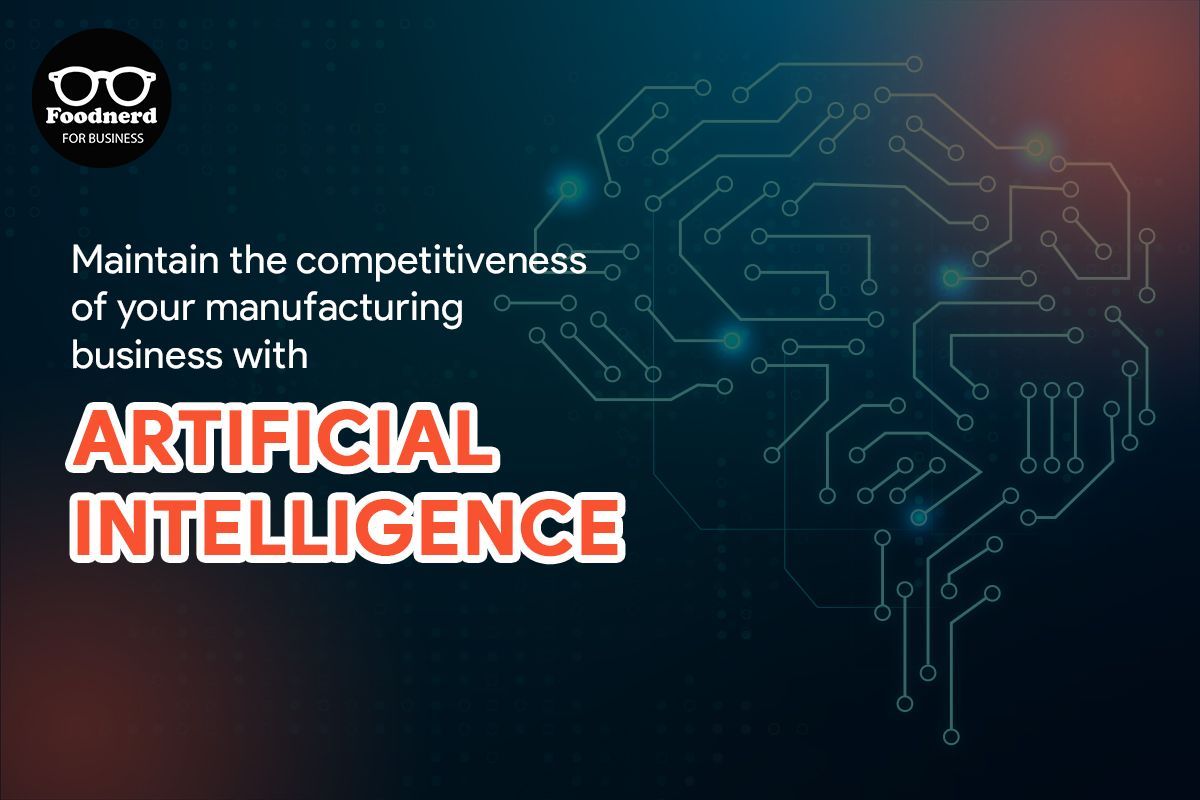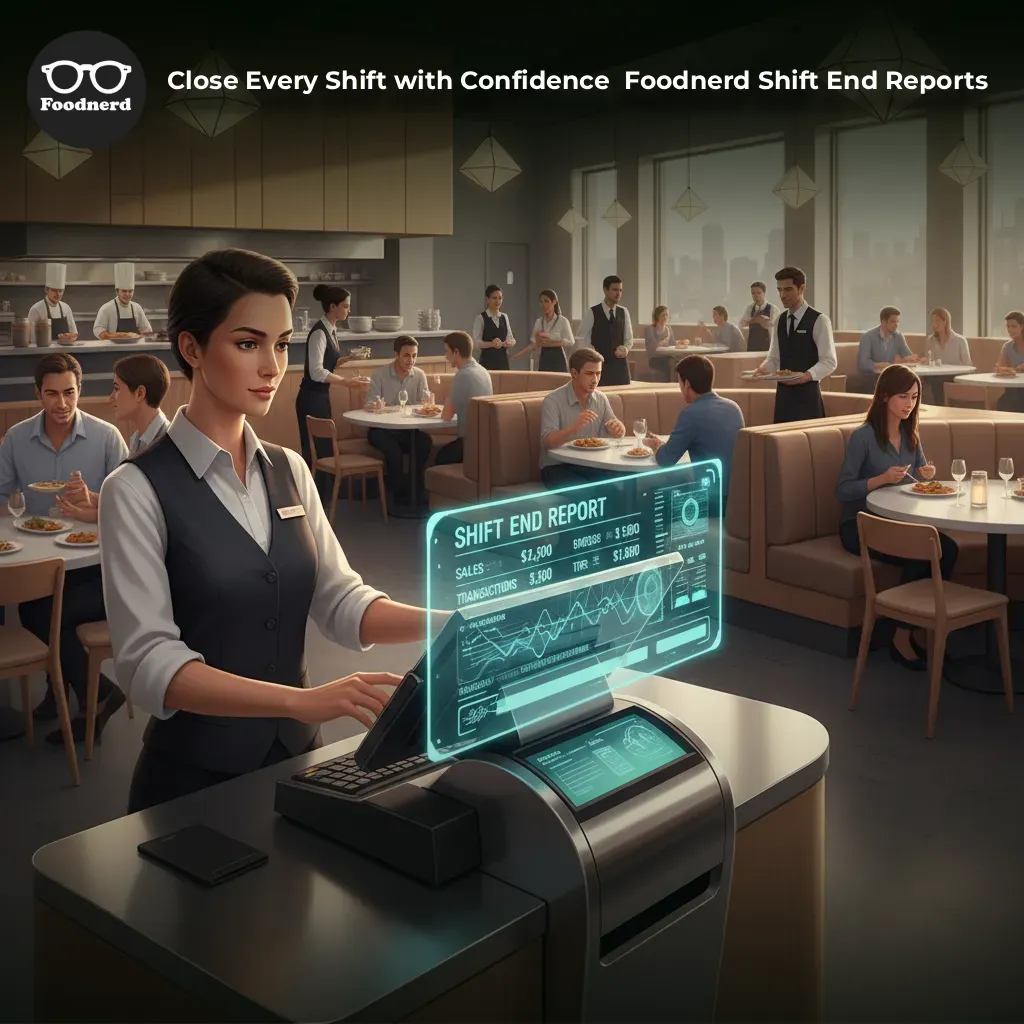
- Nubaira Ahmer khan
- 2022/05/27
- 0 Comments
- 0 Likes
In the manufacturing industry, artificial intelligence is having a significant impact on optimizing all operations. The advancement in technology has synchronized all the activities. Unfortunately, different organizations are still very behind in the adoption of automated technology that reduces costs and increases efficiency. Similarly, many businesses lack the information and motivational force that would drive them to adopt artificial intelligence. No doubt, the world is being changed by artificial intelligence. If you want to know about the remarkable use of AI in the manufacturing industry, then continue reading. We have highlighted how artificial intelligence is transforming the manufacturing industry.
What Is AI In Manufacturing?
Artificial intelligence in manufacturing involves the usage of the latest technologies, including machine learning, automation, advanced and predictive analytics, and IoT(Internet of Things) to automate the complex tasks and activities of the manufacturing process and monitor the facilities in real-time.
The Importance of AI in Manufacturing
The manufacturing industry uses artificial intelligence, which in turn generates high revenue. It shortens the production span as it takes hours to manually manage the manufacturing operations. Similarly, artificial intelligence enhances inspection and regulation. It keeps employees accountable for everything they do and keeps management informed about every single activity. At the same time, the manager does not have to keep a check on every single employee’s activity because employees automatically update their daily scrum report. The global report regarding the remarkable use of AI in the manufacturing industry indicates the continuous advancements that are expected to reach $9.5 billion by 2027.
Read
How does POS Help You In Managing Your Manufacturing Business?
Find The Best POS For Your Needs in 9 Easy Steps.
Remarkable Use of AI in the Manufacturing Industry
From defect detection to predictive maintenance and quality assurance, the use of artificial intelligence in manufacturing firms is shaping an outstanding future. Read below about the applications of AI in the manufacturing industry.
Defect Detection
The use of Automated Optical Inspection (AOI) eases the task of defect detection. Despite putting in so much effort, some shortcomings still remain. However, with the AOI tool now, the manufacturer can easily identify any missing, dented, or defected piece and replace it with the perfect thing and then deliver it to the end customer. The use of this artificial intelligence in manufacturing proves to be incredible and ultimately improves the reputation of artificial intelligence. Similarly, there are numerous other benefits that are associated with computer vision, such as the fact that artificial intelligence is fast and accurate. It detects the defects quickly, keeps the products moving smoothly in the assembly line, and reduces the waiting time for the clearance of the product.
Quality Assurance
Quality assurance plays a vital role in improving or reducing the reputation of the barnad. 85% of the customers prefer to buy the product because of its quality. Therefore, the quality assurance level is a very significant asset in the manufacturing industry. There are different organizations that are struggling with quality assurance. The quality assurance process is highly costly and time-consuming, and this is creating complications. However, artificial intelligence ensures the product quality with its asset inspection phenomena and makes sure that everything is according to the standards. Computer vision is benefiting manufacturing by reducing all the issues of quality assurance and easily helping with inspection in every field of manufacturing.
Read
Tips For Merchants To Lower Their Stress Levels
ow To Identify And Prevent Fraud In Your Business
Product Assembling
By quickly handing over the job to computer vision, artificial intelligence ensures a high level of quality control in the product assembly line. This replaces the time-consuming and tedious checks in the assembly line and ensures a high level of quality work. The computer intelligence easily detects the defect, which is otherwise not possible to see with the naked eye.
Inventory Management
Inventory management is a very difficult process, which becomes super challenging and tricky in a large warehouse. However, monitoring inventory in the warehouse with accuracy is no more complicated because there are many outstanding software technologies that manage the inventory accurately while eliminating errors. Thus, AI improves the forecasting accuracy in manufacturing, reduces inventory costs and increases revenue to a great extent.
Read
What Is An Inventory Management System? Inventory
Open Source Inventory Management Software System
Supply Chain Management
Artificial intelligence handles supply chain management in a very smooth way. It easily predicts the potential disruption to the supply chain and troubleshoots production bottlenecks. Similarly, AI provides relief to the managers in the supply chain who have become fed up with manually managing all the operations. By combining artificial intelligence and machine learning, supply chain management and decision-making become more agile and optimized. The AI ensures the fastest delivery with minimal or no errors at all.
The Future Of Artificial Intelligence In Manufacturing
Manufacturing industries strive hard to find ways to make their complicated processes easy, save extra expenses, reduce risk, and improve the overall production efficiency in a very smart way. That is why, for a sustainable future, it is really significant for the manufacturing industries to adopt the latest technology such as Artificial Intelligence and Machine Learning-based innovations. These latest technologies work amazingly for manufacturing firms and assist them in production, analysis, prediction, and detection. The automated technology provides better visibility of the product and processes and helps the manufacturer avoid issues.
Read
How To Create Scalable Business Processes To Support Your Growth?
POS As An Innovation In A Time Of Certainty
Recent Blogs
Simplify Your Restaurant Management with These Essential Reports
Running a restaurant often feels like juggling a dozen plates while riding a unicycle. You have inventory to track, staff to manage, and customers to please. Amidst the daily chaos, digging through...
Close Every Shift with Confidence: Foodnerd Shift End Reports
Closing time at a restaurant can feel like a race against the clock. The last customer leaves, the kitchen is cleaning up, and everyone is tired. You just want to go home. However, this is actually...
A Simple Guide to Managing Recipes and Ingredients in Your Restaurant
Running a restaurant kitchen is a bit like conducting an orchestra. You have dozens of moving parts, timing is everything, and if one section is out of sync, the whole performance suffers. But in a...



Write a Comment